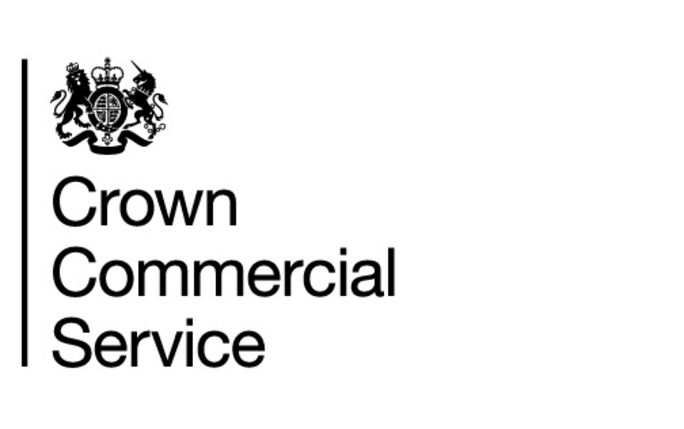Management School academics to carry out investigation for Crown Commercial Service

Dr Bruce Pinnington and Dr Joanne Meehan, from the Operations and Supply Chain Management group at the Management School, are carrying out an investigation for the Crown Commercial Service (CCS) on modern slavery in the supply chain.
It is estimated that 13,000 people are victims of modern slavery in the UK alone (2018 UK Annual Report on Modern Slavery). This widespread exploitation of people presents a risk to the supply chains of public sector buyers.
In order to tackle this risk the CCS, along with the Home Office and the Cabinet Office, have drawn up a package of measures to help tackle modern slavery in government procurement. Part of this package is the sharing of best practices with leaders in the field from the University of Liverpool, the Department of Health (Sustainable Development Unit), the Department for International Development and the Foreign & Commonwealth Office.
Bruce and Jo, in cooperation with Professor Alex Balch from the University’s politics department, will be undertaking an investigation with CCS and the Home Office to understand how well key government suppliers are addressing issues of modern slavery in practice, rather than just conforming to the letter of the Modern Slavery Act (2015). This reflects the government’s commitment to improving compliance with the existing legislation as well as assessing the merits of further statutory measures.
Dr Bruce Pinnington said, “Cost minimisation, aggregation, and outsourcing are common, taken-for-granted, supply chain practices, yet can increase the risks of exploitation and modern slavery. Our research takes a fundamental and critical analysis of the supply chain conditions that cause modern slavery, and the power regimes that legitimise them.
Working in partnership with senior officials in government departments affords us unique access for impact. Our research is helping to develop more transparent procurement and supply chain practices, but crucially provides an opportunity to influence envisaged enhancements to UK legislation.”